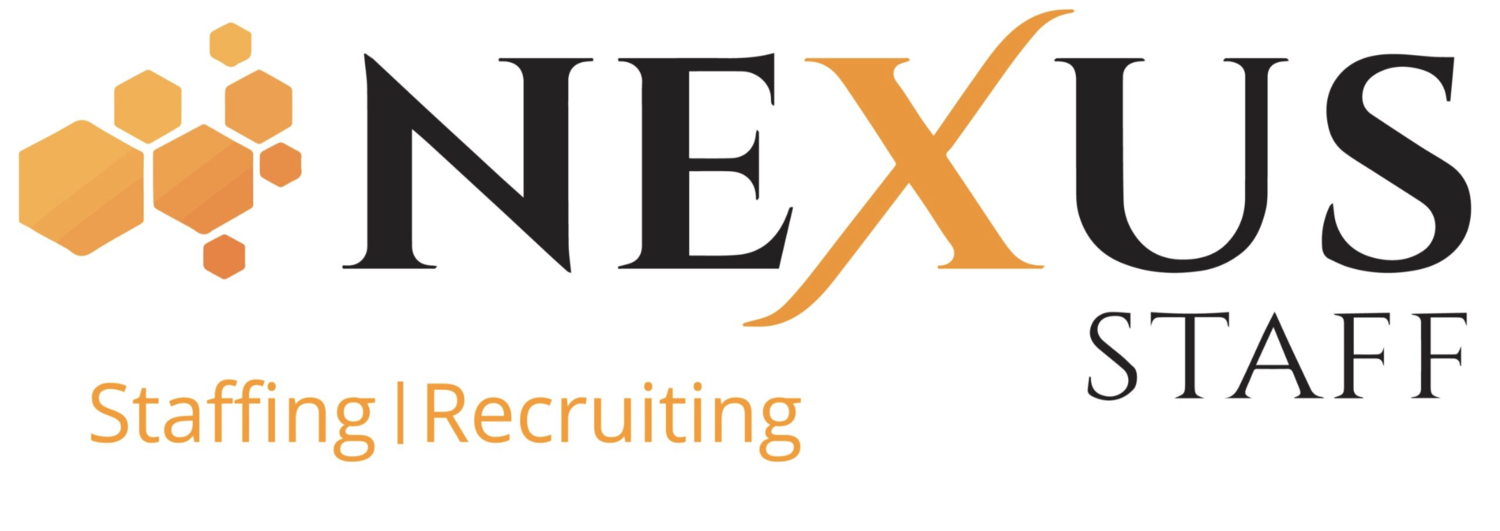Pros and Cons of Remote Work
Remote work isn’t a new concept. However, the amount of remote workers and positions has certainly increased throughout the past few years as a result of the COVID-19 pandemic and the 2020 stay-at-home orders put in place throughout the country.
Three years later, many organizations have made the decision to continue their remote work policies to some extent, whether as fully remote or hybrid setups. However, this decision does not come without some debate from both employers and employees alike.
If you have recently found yourself considering a remote position, take a look at these common pros and cons brought up by remote workers to help guide your decision.
Potential Pros of Remote Work
Flexibility
Whether you stay put at home or venture out into traveling the world while you work, a completely remote position can give you the freedom of choosing where your “office” is. This also means you’re able to apply for and work in positions that you may have otherwise not been able to because of restraints caused by commuting or the inconvenience in living where the position is located. However, with the flexibility to choose where you work, you’re more likely to feel satisfied with your position, thus improving your engagement and productivity at work.
Improved work-life balance
With more time spent at home, it’s no wonder remote work can promote a strong work-life balance. Remote work eliminates the need for a time-consuming commute to and from an office and the stress that can come along with it. Additionally, with less time spent at the office, remote work gives employees the opportunity to spend more time with family and friends or more time partaking in the activities they enjoy.
A more diverse workplace
From better decision making and increased employee engagement, to stronger hiring and retention, diverse teams have been proven to benefit organizations and the employees who work there. With remote positions, the ability to work alongside a diverse team significantly increases because location does not become a deciding factor in whether or not a person can take on a role. In other words, remote workers can collaborate regardless of where they happen to live, allowing new ideas and perspectives to come together that may have not otherwise been possible.
Potential Cons of Remote Work
The need to be a self-starter
As a remote employee, it is essential that you are able to stay focused on your work and to limit distractions when needed. In a shared office space, there is the comfort of coworkers or a manager to hold you accountable and stay productive. However, in a remote position, the need to stay on-task falls on you alone. If you often find yourself easily distracted or your productivity declining when you’re not in the office, being in a completely remote position may be difficult for you.
Feelings of isolation or loneliness
From no water-cooler talk in the office to no after-work events after a long day, remote work may sound like an introverted employee’s dream. However, interacting with your coworkers throughout the day can be an opportunity to strengthen workplace friendships – an important factor in a successful company culture. While building relationships with your colleagues while working from home isn’t impossible, it is certainly different, as it may be more difficult to strike up a conversation that might typically occur during a lunch break, in-person meeting, or even an elevator ride.
Difficult to interact with colleagues
While working remotely, it’s likely your organization will utilize different methods to communicate – video calls, instant messaging, or an employee-only intranet for example. On one hand, these different communication methods might serve as a way to interact and get to know each other. However, the main use for these different channels is to share information with one another – whether it’s a quick question or a more in-depth conversation. Over text or through a screen, it can become difficult to convey a tone of voice, facial expressions, or even get a hold of a colleague. In person, these concerns may not be as prevalent, making it easier to get the answers to your questions or successfully collaborate on a project.
Key Takeaways
At the end of the day, it’s impossible to say whether remote work will have a negative or positive impact on an employee’s work experience. What may work for one person may not work for the next. This means it’s important to weigh your own pros and cons in relation to your specific role, work style, and other defining factors of your life. Whether you’ve found desire for remote work has been strengthened or or you’re now considering a completely in-person role, our team of experienced recruiters is here to help you find the perfect fit! Take the first step and contact Nexus today for a personalized recruitment experience or check out our list of available jobs.





